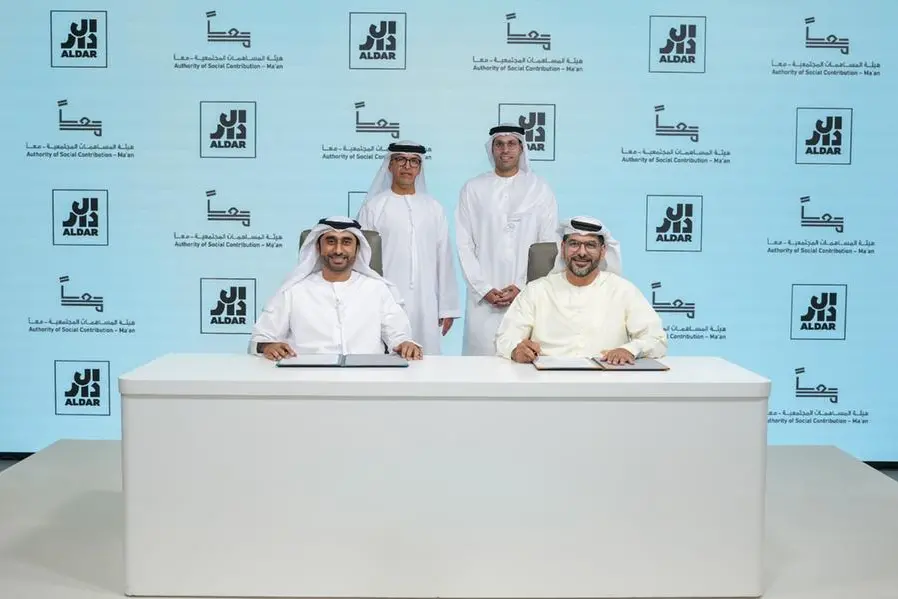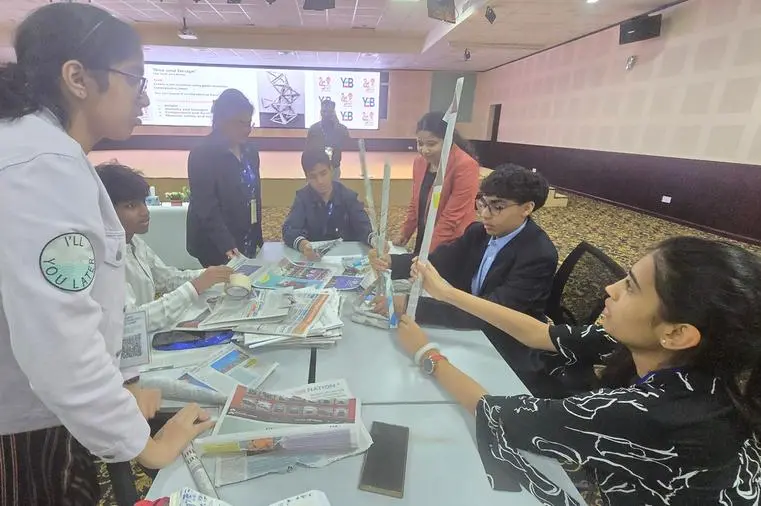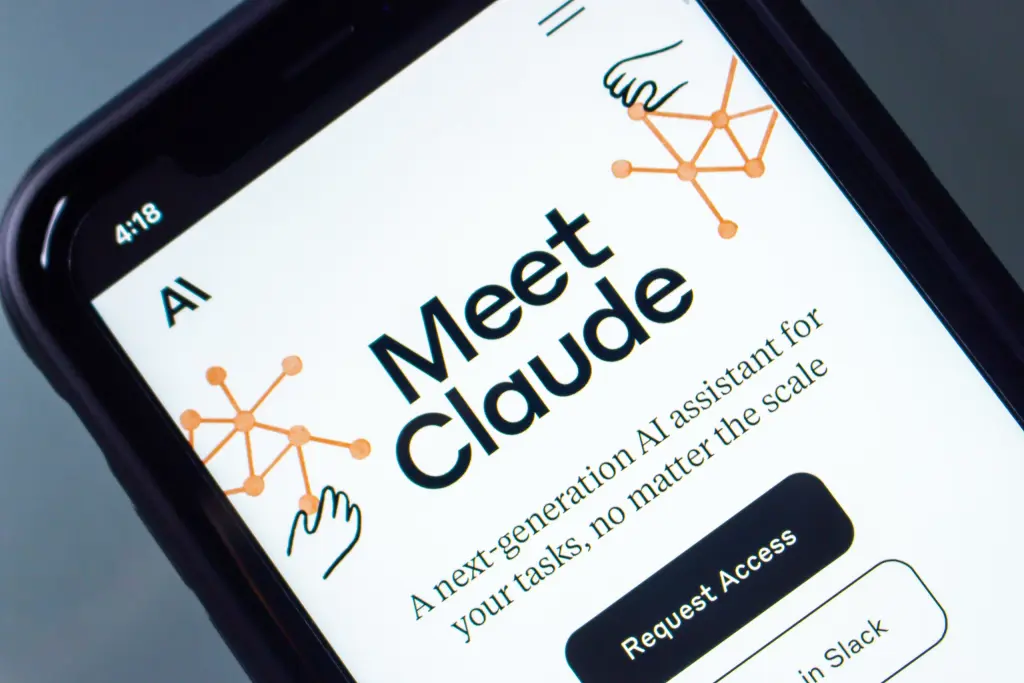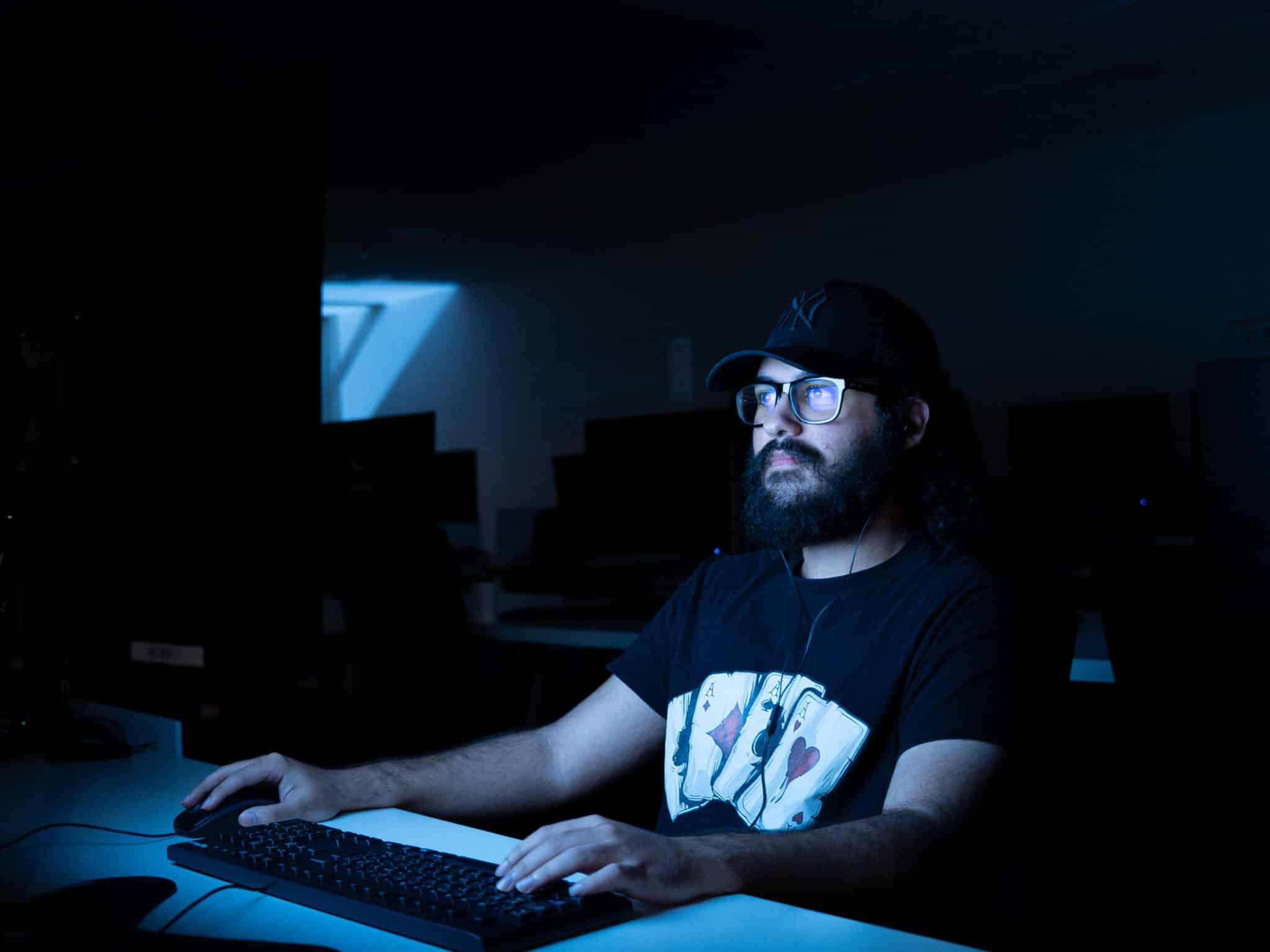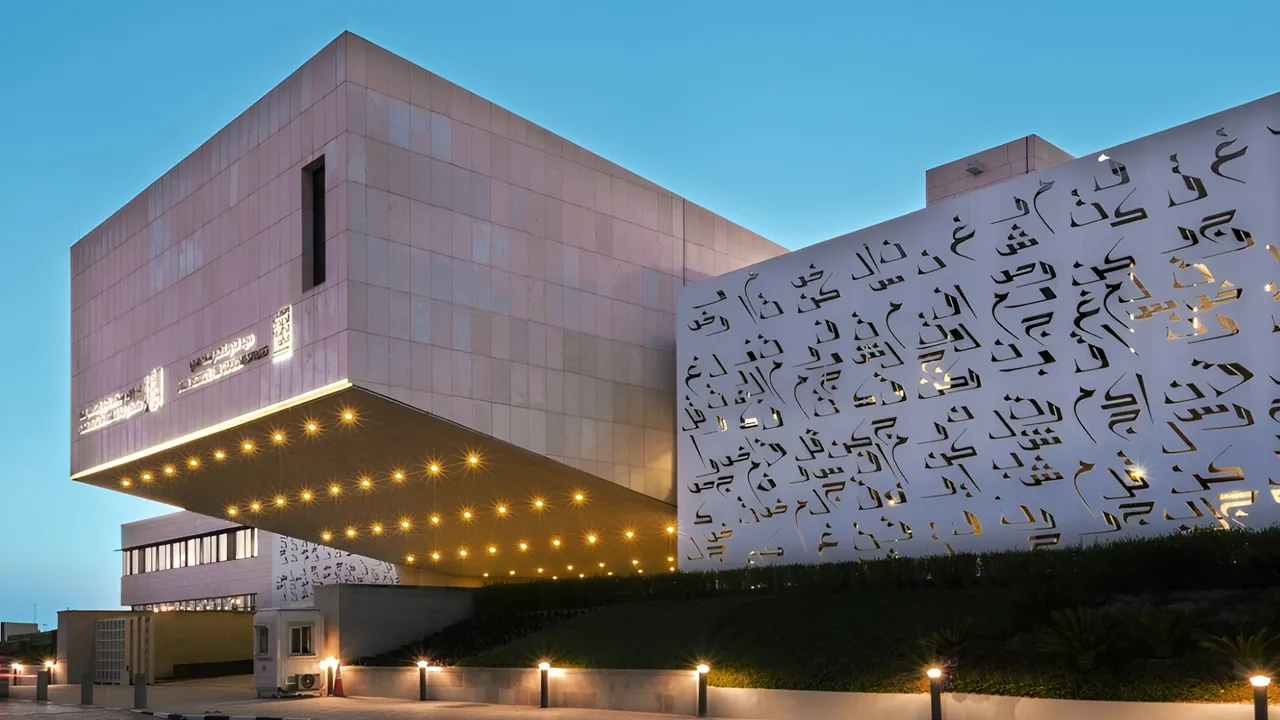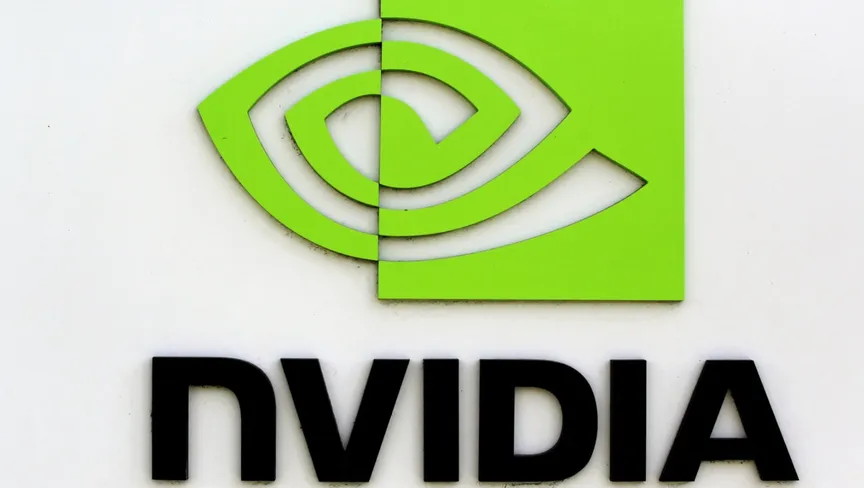Anthropic, a leading AI research and safety company, has rolled out an updated version of its flagship large language model, Claude Opus 4.1. This significant upgrade, now accessible to paid users on its Pro and Team plans, positions Claude as an even more formidable tool for complex tasks, particularly in software development and advanced analytical reasoning.
Enhanced Performance and Precision
The latest iteration, Claude Opus 4.1, marks a substantial leap forward in the model’s capabilities. Key improvements are evident across several crucial domains:
- Coding Proficiency: The model demonstrates significantly enhanced accuracy and completeness in coding tasks, making it a more reliable assistant for developers.
- Mathematical Acumen: Opus 4.1 exhibits stronger mathematical reasoning, allowing it to handle complex calculations with greater precision.
- Logical Reasoning: Its ability to understand and process intricate logical patterns has been refined, leading to more coherent and insightful responses.
- Instruction Following: Users will experience better adherence to instructions, ensuring outputs are more aligned with specific prompts and requirements.
- Speed and Efficiency: Beyond accuracy, the model delivers faster response times, streamlining workflows for demanding enterprise applications.
This update is designed to address the needs of professionals requiring advanced AI capabilities, from writing robust code to tackling multifaceted problem-solving scenarios.
Empowering Developers and Enterprises
A standout feature of Claude Opus 4.1 is its improved utility for software developers. The model now offers the capacity for users to edit generated code mid-conversation, providing a more interactive and iterative development experience. This real-time feedback loop is invaluable for debugging, refining, and optimizing code snippets directly within the AI interface.
Anthropic has also expanded the context window for Claude Opus to an impressive 200,000 tokens, enabling the model to process and analyze significantly larger volumes of information. This vast context window is particularly beneficial for enterprise use cases that involve analyzing extensive documents, complex datasets, or entire codebases, ensuring comprehensive and well-informed responses.
A Growing Frontier in AI Innovation
The release of Claude Opus 4.1 underscores the intensifying competition within the generative AI landscape. Anthropic, which recently secured a substantial $7.3 billion in funding, is actively contending with industry giants like OpenAI (creators of GPT-4o), Google (with Gemini 1.5 Pro), and Meta. This continuous innovation from key players is rapidly expanding the frontiers of what AI can achieve, pushing the boundaries of intelligence and utility.
Anthropic’s consistent focus on AI safety and responsible development, even as it enhances performance, remains a cornerstone of its strategy. This balanced approach aims to ensure that powerful AI tools are deployed ethically and securely.
About Anthropic
Anthropic is an AI safety and research company that builds reliable, interpretable, and steerable AI systems. Founded by former members of OpenAI, Anthropic’s mission is to develop robust AI tools that can be widely used while prioritizing safety and ensuring beneficial outcomes for humanity. Its flagship AI model, Claude, is designed to be helpful, harmless, and honest, serving a growing base of enterprise and professional users.
Looking Ahead for MENA Tech
The advancements seen in models like Claude Opus 4.1 have profound implications for the rapidly evolving tech ecosystem in the Middle East and North Africa (MENA). As MENA startups and enterprises increasingly adopt AI-driven solutions to enhance efficiency, innovate products, and scale operations, access to more powerful and precise foundational models becomes critical. The improved coding, reasoning, and large context window capabilities of Opus 4.1 can accelerate development cycles for AI-powered applications, improve data analysis for strategic decision-making, and empower a new generation of AI engineers and researchers across the region, fostering further growth and digital transformation.
Source: Tech in Asia


